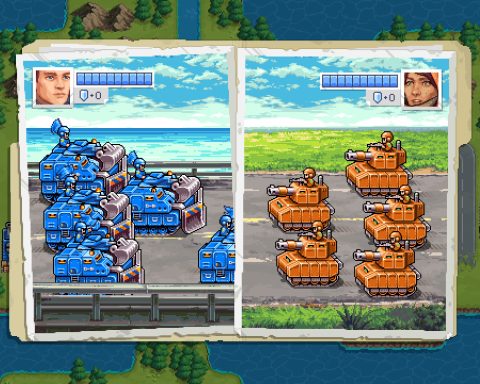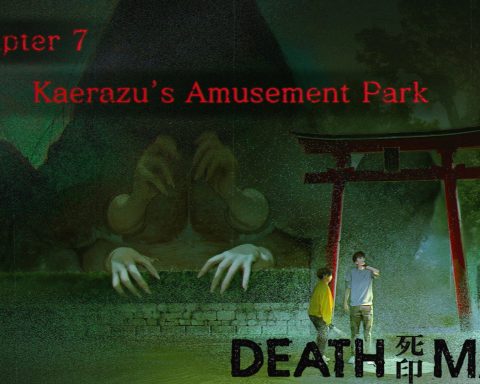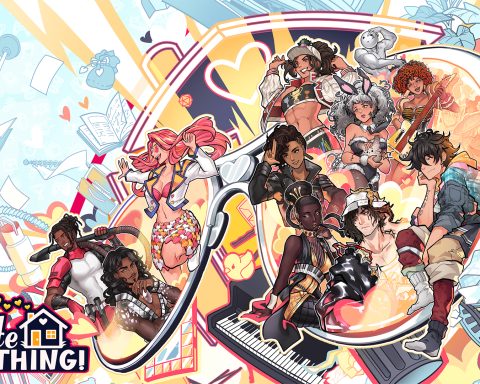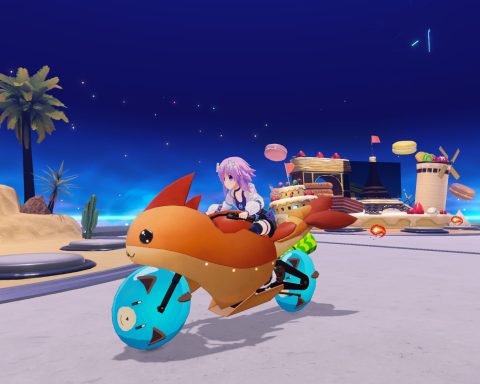For aspiring game developers, it’s all about STEM. Science, Technology, Engineering and Mathematics (STEM) has become the toast of education systems in general, with the rationale that they best prepare children for future vocations, as they are increasingly going to rely on one, if not all, of the above four disciplines.
And as game development does sit right in the middle of the technology revolution, it makes sense in that context that STEM would be such a fixation for people looking to educate our next generation of game developers. It makes sense that we would give STEM-focused awards at events like PAX. It makes sense that classes in coding for children would slot in with the broader STEM-based education.
But I don’t like this approach to educating game development. I don’t like that it demonstrates that people believe that game development is a field that is, in principle, purely based in the cold sciences. I believe that STEM is important, and has proven to be remarkably successful because it is important, but it’s missing a key letter.
It’s missing an “A.”
Games are art. Every time someone prominent suggests that games are not art, the majority of the industry come together to vocalise a consensus that, yes, games are art. From Deadly Premonition, to Shadow of the Colossus, to Journey, to the work of David Cage or the team at Media Molecule, right through to the industry’s genesis, in the raw aesthetic appeal of pixels and chip tune music, game development is a fundamentally creative endeavour. The reason Pac-Man, Mario and the Space Invader have become such prominent cultural icons is because they are fundamentally works of art. The reason that I rant and rave about how much I love Nier is because, as someone who studied art criticism through most of my time at university, I see in that game the same philosophical qualities that I saw in the best works of art that I studied in other fields such as literature and film.
So how can it not baffle more people, as it baffles me, that by placing such emphasis on STEM, in isolation, that we are, in effect, suggesting that game developers do not need to learn about art? Imagine if film makers, musicians, visual artists, ballet dancers or authors were not expected to train in the arts? Odd exception to the rule aside, almost anyone working in any other field of the arts has, in fact, studied art on some very deep level. They have to. An artist needs to understand art. Even when they focus purely on their discipline in the arts – such as a ballet dancer that from childhood grinds away in a dance studio day in, day out, for decades – in every other artistic medium, the artists learn, specifically, how to be artists.
But come to game development and, apparently, understanding art is not important.
In learning about the arts, students don’t simply learn how to “write stuff good” or “paint pretty pictures.” I know that’s the popular perception of what people do when they study the arts, but rather, a student of the arts is exposed to the thoughts and philosophies of the artists that came before them. They learn to analyse a work, on a creative basis, and interpret what they are reading or seeing. They pull it apart to the point where it’s more than something they “enjoyed” or “didn’t like,” but rather something that they use to understand the work’s broader meaning to society and culture. Then they take that thinking and employ it in their own work, returning something that has meaning beyond the basic aesthetics in the books they write, photos they take, or music they perform.
The games industry still struggles to earn the same respect as a creative and artistic endeavour within the context of the broader art world, and part of the reason for this is the relative shallow nature of the creative thinking that goes into the majority of games. The reason that the games industry is so shallow is because the industry, the critical body that has built up around it, and consequently the broader community, doesn’t really treat it like a creative industry at all.
Essentially, it’s time STEM became STEAM, if we want games to develop as an art form as they do as a technical pursuit.
– Matt S.
Editor-in-Chief
Should game developers learn about the arts, even as they study in STEM programs?
— Digitally Downloaded (@DigitallyDownld) November 3, 2015







